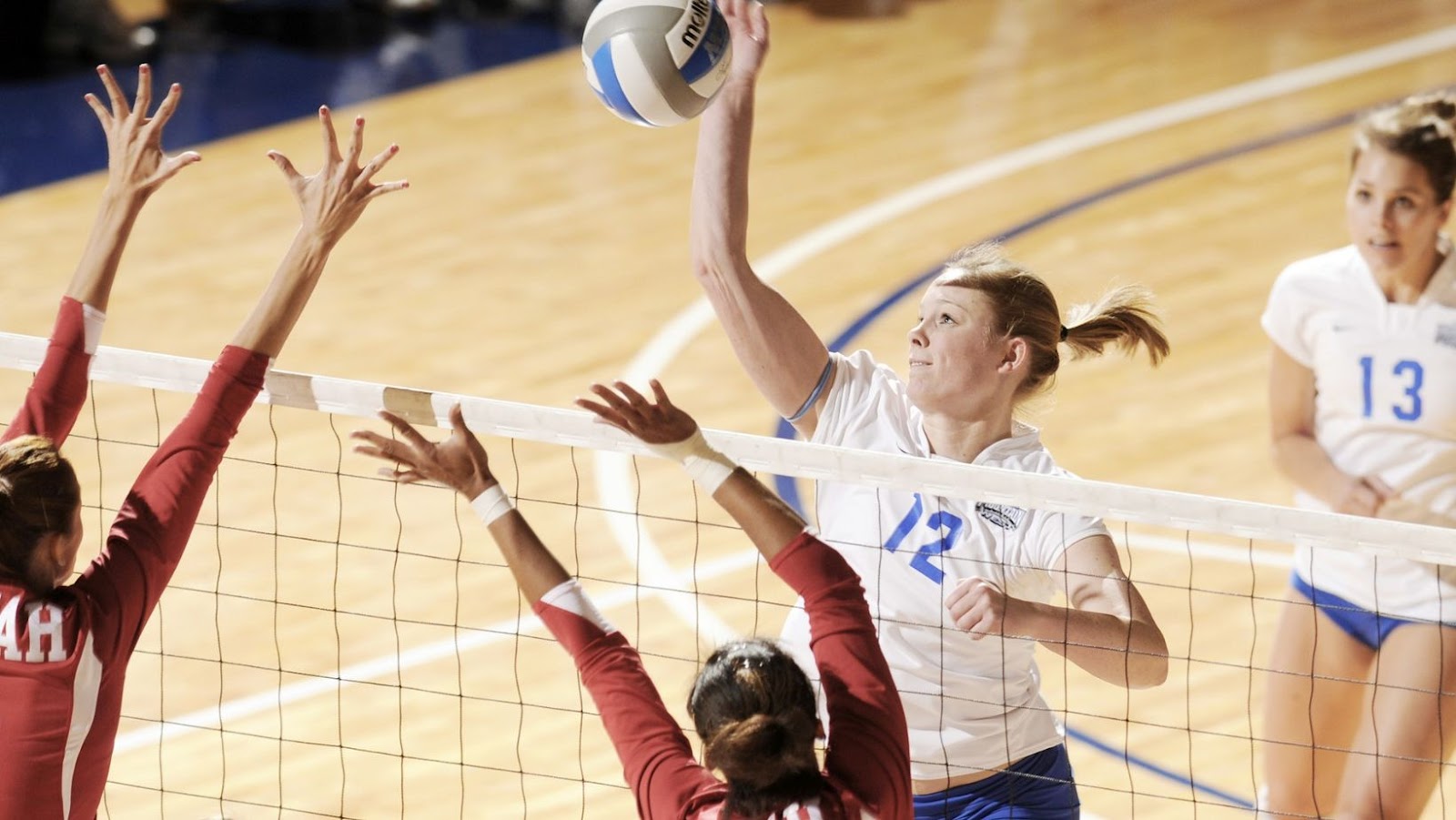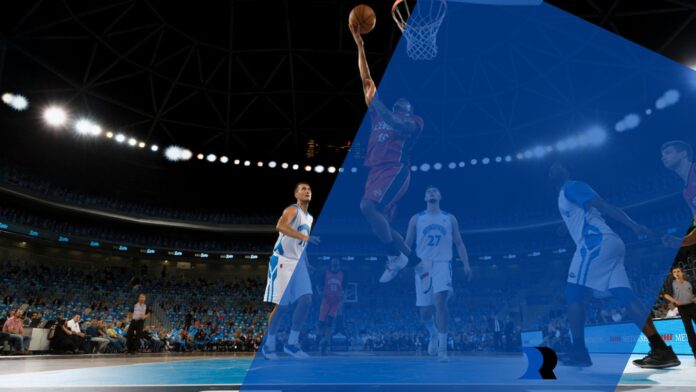As a sports journalist looking forward to breaking into the industry, you must think outside the box to pitch story ideas. Besides your passion and patience, you must prepare for a lot of hard work, as getting access to athletes for interviews is, sometimes, daunting.
Luckily, these ten tips will help you pitch story ideas and secure some interviews that will get your foot in the door and help you push your career to greater heights.
What Is a Sports Journalist?
A sports journalist is a person who works in the media sector for a newspaper, magazine, radio, television, or on the Internet to gather, analyze, and deliver information on a sporting event, game, or specific athlete.
They may also attend press conferences. Before drafting a report, they collaborate on ideas with other team members and may travel to interview the team or athlete. Sports journalists pursue a similar professional path to traditional journalists.
They are skilled at crafting engaging stories, editing content to make it more readable, and proofreading to ensure there are no errors and all information is factual and objective.
Sports journalism blends technical and soft skills to operate recording tools and professionally edit stories. Sports journalism is a complex job that requires interpersonal skills and adaptability to work with new and developing technologies.
Among the fundamental abilities that sports writers should possess are the following:
- Good interpersonal skills and fluency in English when reporting on events and writing stories.
- Strong technical abilities, including camera operation, graphic design, and video editing.
- Knowledge of many sports and sports figures.
- Developing contacts and acquiring interesting stories requires interpersonal and relationship-building abilities.
Effective Techniques for Pitching Story Ideas
The interview can be one of the most challenging and scary stages of the sports writing process, especially for a beginner journalist. Numerous questions go through a journalist’s mind, such as how do you land the desired interview? Who do you get in touch with to secure this interview? What inquiries are acceptable during this interview? Well, these tips are game changers in your career, and implementing them will see you on the path to success.
Thoroughly Research the Athlete
Before you set out to conduct interviews and pitch story ideas, you must strategize how to have an edge over your competitors. Chances are, you are one of many journalists to interview the athlete.

So, get to work and learn everything about the athlete, such as their past successes, challenges, and awards. Dig deeper to learn of any scandals the athlete may have been involved in. This information will help you cleverly craft questions to avoid triggering emotions that may affect how they respond.
Understanding the athlete in all aspects will help you shape the conversation and help you develop interview questions. It will also build your confidence as you will have a substantial base for asking questions and starting a fruitful interview.
Build Rapport and Trust
Once you have all the information you need regarding the athlete, it’s time to build trust and rapport with them. This allows you to get into their world and know their lives outside of sports.
Inquire about their personal life, family, and aspirations besides sports. This will enable you to connect with them and demonstrate that you are curious about them as a person, not just athletes.
However, you should be cautious when inquiring about their lives. Avoid invading their privacy, as they may terminate the interview. As a professional athlete journalist, you should be open-minded but, most importantly, respectful.
You should show them that you understand the story they are about to tell. For instance, bringing out a significant moment in their career will lighten the mood and make them open up about incidents that not many know about. Showing the athlete that you invested your time in understanding their story will go a long way in establishing a relationship.
Script Your Questions Clearly
Ensure you prepare questions that will provide the information you need for your story before the interview. Avoid questions such as their age, as you can quickly get such information by conducting a quick online search. Besides wasting your interview time, such superficial inquiries can irritate the player because they create the impression that you haven’t done any research and the interview does not hold any value.
Again, be careful not to intrude into their private life when asking questions. The last thing you want to do is aggravate the athlete who has taken time out of their schedule to assist your media outlet. Make the inquiries exciting but not thrilling, clever but intriguing.
Think Outside the Box When Pitching Story Ideas
Appreciate that sports journalism is more than just reporting what happens on a pitch. It involves telling athletes’ stories, experiences, and how the sport impacts a community. Therefore, you should think of largely untapped stories.
For instance, consider areas that sports editors have not considered before, such as disability or women’s sports, and give it your all. You will be surprised by some of the fantastic stories the athletes have to tell.

However, you should show the athlete you understand the topic by explaining yourself clearly.
Ensure you are knowledgeable and understand what makes your suggestion novel and unique. Make sure both of you will be enthusiastic about it because athletes can detect whether or not your proposal is original.
Try to think of topics for your queries beyond straightforward sports reporting. Thinking outside the box will give you new angles that no one has thought of before. Using social media to get valuable tips and information, you can also research unique stores or historical data.
Additionally, you should prepare multiple story ideas and have something ready in case the athlete rejects your initial storyline. Having several story ideas will prevent you from returning to the drawing board after all your efforts to secure the interview.
Focus on Athletes’ Interests and Passions
You should also focus on the athlete’s interests and passion besides sports to succeed in pitching a captivating story. It could be a project they are involved in or a book they read. The information you gather from these conversations will give your account more depth and help you move from simply discussing their performance.
To get it right, you must get to know the person behind the player, which can be an excellent addition to your story. However, do not force a topic if it does not relate to them or the sport, as it could make the athlete uncomfortable.
Pitch a Story, Not Just an Interview
You must understand that you are not just doing an interview. You are pitching a story that should stand out from your competitors. Therefore, you should be clear about the story, why it is essential to the athlete, and why they should invest their time.
When getting ready to pitch a story, research the athlete and their career to understand who they are and what resonates with them. Additionally, ensure you have a compelling viewpoint for your narrative that will grab their attention as soon as you contact them. You want to present something original and different from what they have heard or seen.
Also, be bold and let your enthusiasm show throughout the interview. Ensure your voice is heard loud and clear, and show the athlete you are genuinely passionate about the story. When you feel passionate, you will hook the athlete fully, and they will not hold back from helping you with your project.
Decide on the Interview Type
You must choose the type of interview you want to conduct based on the article you are writing and what you want to do with the information obtained from the interview.
Setting up an in-person interview with an athlete help you treat them as a star of the moment may be helpful if you are writing a cover story or a notable feature. Besides, adding photos of the interview in your article gives it more depth and hooks the reader.
However, for most athletes, a phone interview sits well with them. In such a case, you can then freely and openly ask them questions while hearing their words and tone.
Additionally, it saves you the trouble of making a costly meal reservation or arranging any type of travel. Phone interviews also enable you and your interview topic to pick a time that fits your schedules best, making it an effective and convenient interview method.
Spice Up the Coverage of Your Story Through Multimedia
Creating multimedia content is an excellent approach to getting the athlete engaged and freshening up the coverage of your story. Working on a video component during the interview will give you unique quotes and footage.
Besides, most athletes take as much pleasure in participating in production as they do in promoting themselves. Therefore, covering your story through multimedia is an excellent way of securing an interview you have been yearning to conduct for years.

When creating video content, decide whether you need still images or video and the video or slide duration. Additionally, you may enquire if the athlete has some footage from a past event they may want to be included in the video and, most importantly, think of the message you want your target audience to take home.
So do not hold back in asking the athlete to be part of the video creation, as a simple slide can bring out the passion and emotion you need to create a captivating story.
Develop an Appetite to Learn
If you are starting your sports journalism career without experience, there is no need to worry. All you need to do is find your training ground. Start by looking for local opportunities to learn the ropes. For instance, contact your local sports club and request to produce some sporting content for them. Do the job diligently, as it is a perfect opportunity to get some work experience that can help you kick-start your career. If you show enthusiasm and hard work, you could land a job.
The bottom line is to gain work experience that will help you hone your skills and push your career in the right direction. Besides, even the established sports journalists did not get their first break with prominent news editors or broadcasters.
They had to start small and aggressively climb the ladder through hard work and commitment. With the right attitude and dedication, you, too, will build a successful sports journalist career.
Finding the Correct Route Into Sports Journalism
A sports journalism career requires a passion for sports and athletics and a love for creating compelling stories. But to get it right and shape your career in the right direction, you must undertake a sports journalism graduate program that will equip you with the right skills and expertise.
Fortunately, competent universities offer well-outlined MA sports journalism courses that equip graduates to become modern-day sports journalists. At St. Bonaventure University, online students are equipped with traditional news reporting skills, and most importantly, they are trained in digital competencies to compete and stay relevant in the current digital space.
St. Bonaventure University online graduates use the latest news-gathering methods to develop original and compelling stories. They also develop culturally competent interviewing skills that interview some of the most accomplished athletes, create intriguing story ideas, and produce significant sports journalism projects. Enrolling in such an institution means starting your career with the best minds ready to shape your career.
To succeed in your sports journalism career and come up with captivating pitching story ideas, you should always create a scenario where you and the athlete will benefit from the interview. Ensure you put your best foot forward by understanding the athlete’s background, interests, and goals. Always be professional and explain fully how the interview or story will benefit both parties.
To successfully pitch a story idea to an athlete as a sportswriter, you must also research your storyline, be sure your story is well thought out, and demonstrate your admiration for the athlete’s efforts in their achievements.


